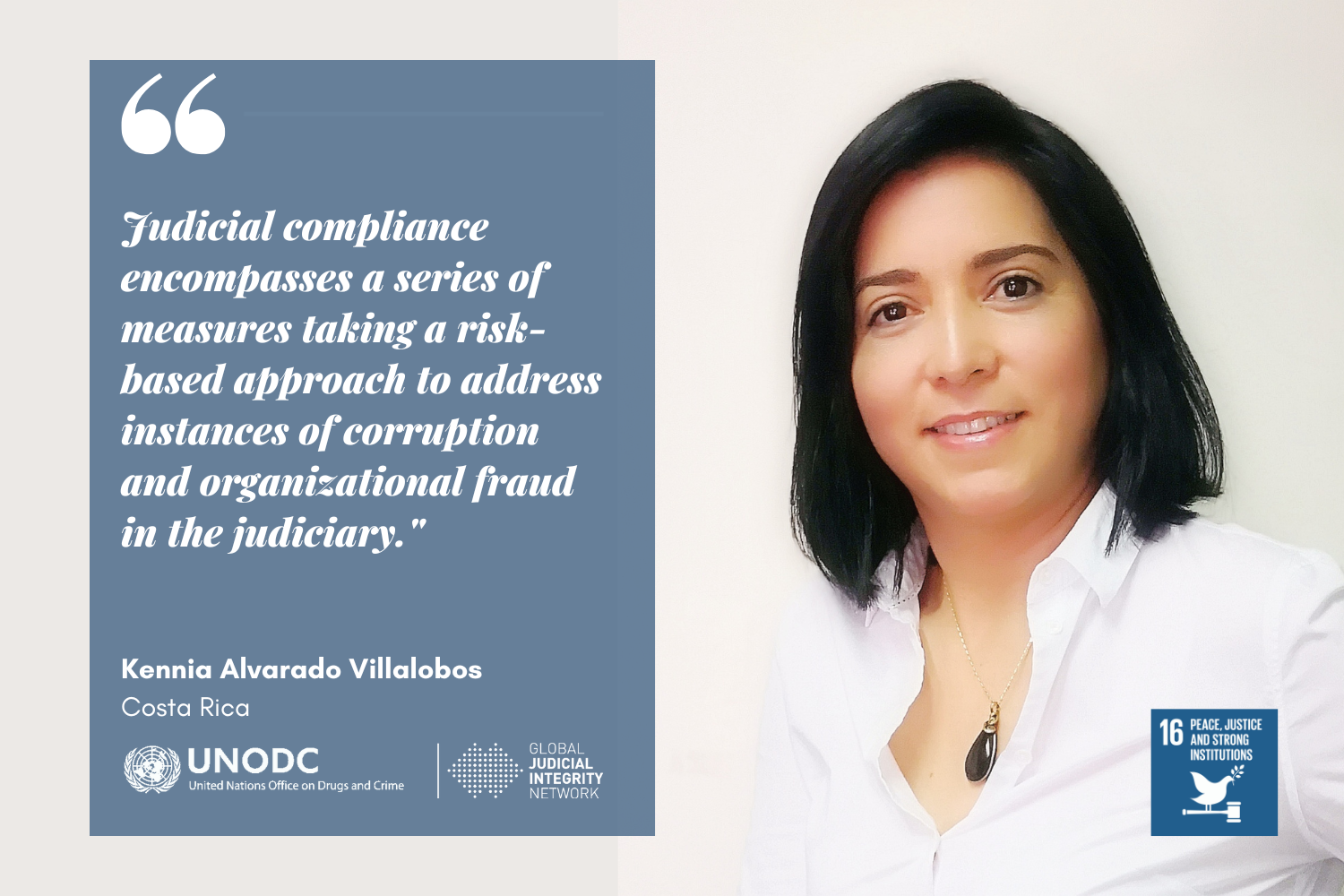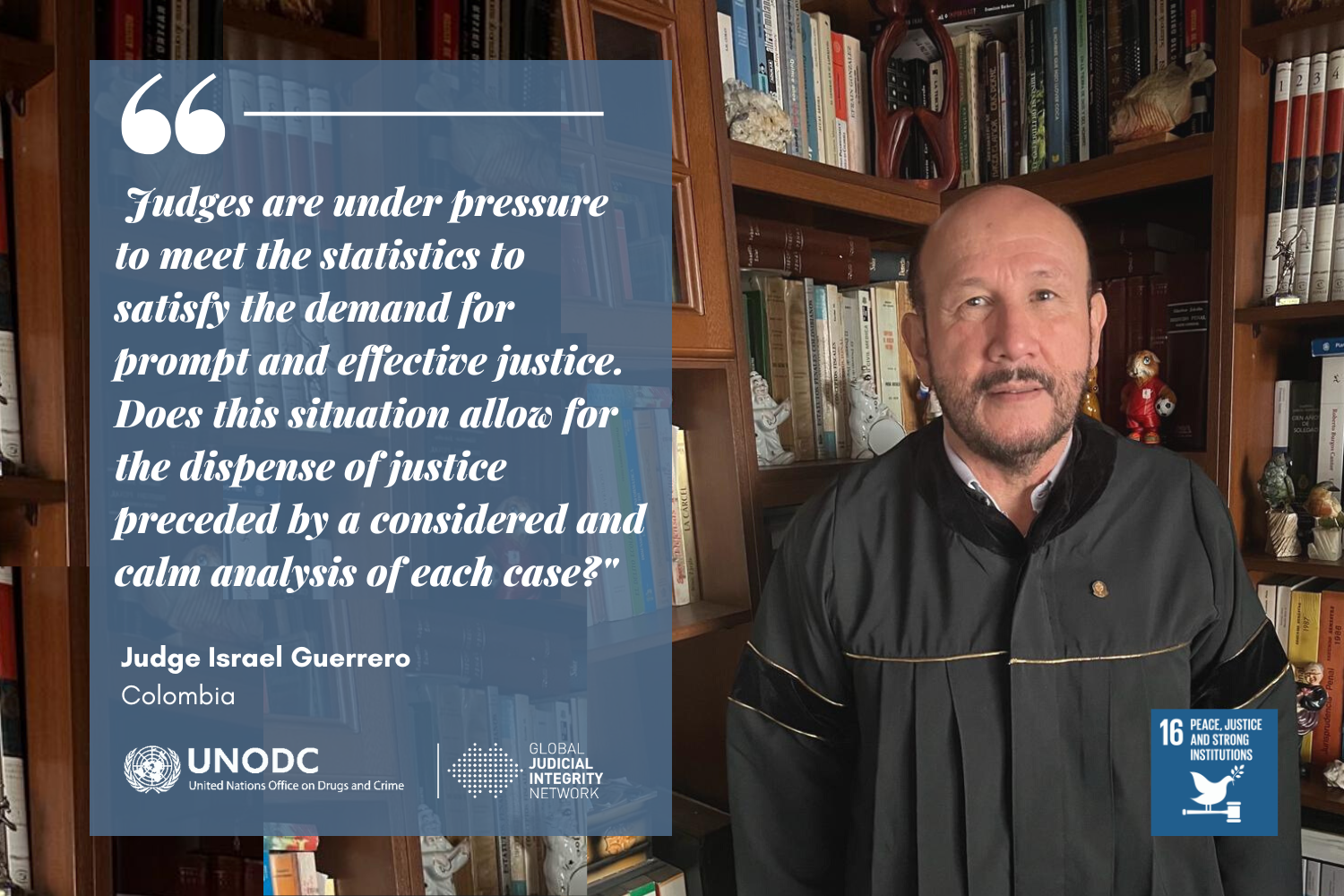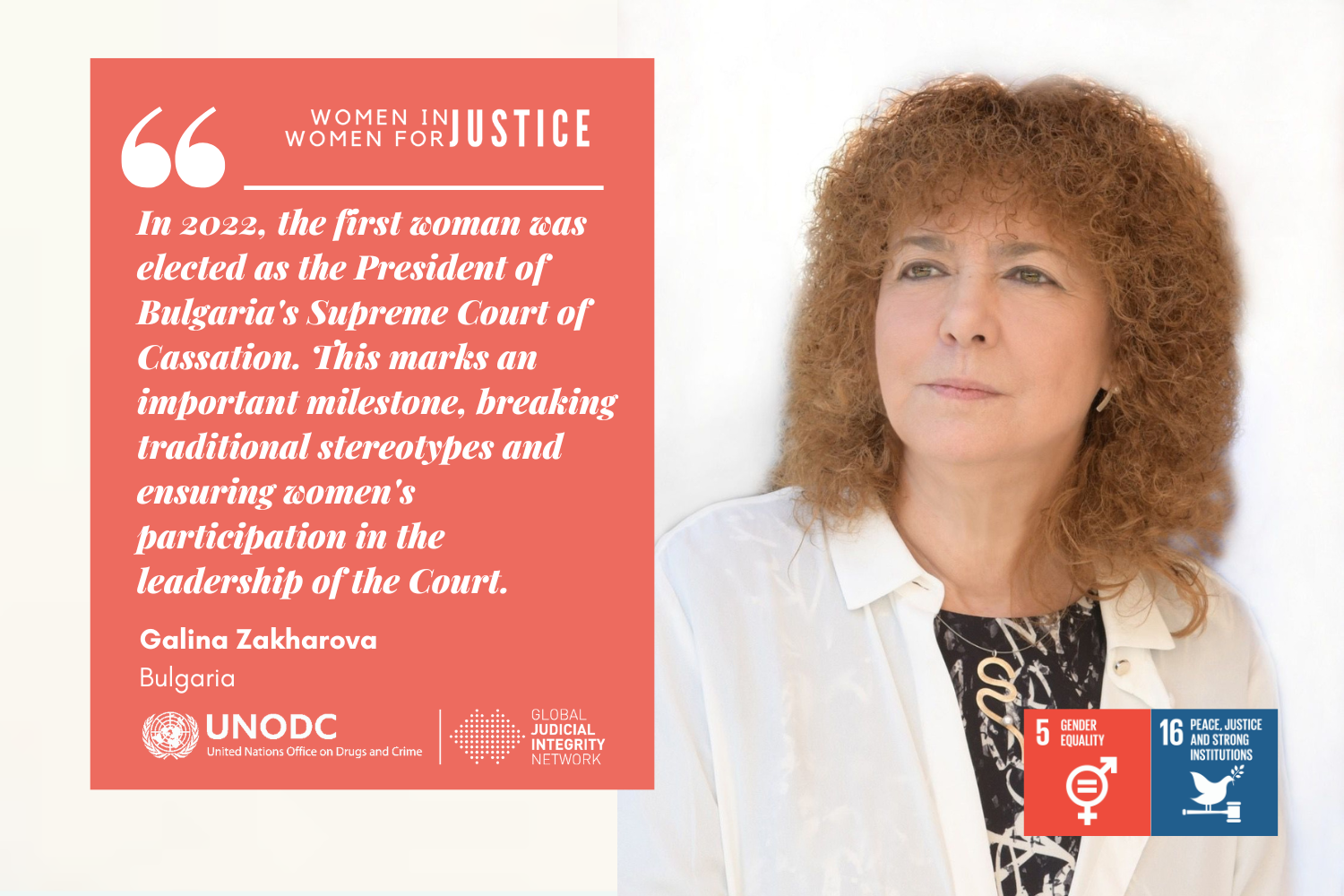COVID-19 and the Administration of Justice: A Reflection on Ethical Judicial Conduct
By: Justice Henry Peter Adonyo
Justice Henry Peter Adonyo is a judge of the High Court of Uganda and the Head of its Commercial Division. All opinions expressed in this piece are solely those of the author as an external expert and do not necessarily reflect the official position of UNODC.
______________________________
With the World Health Organization (WHO) declaring Novel Coronavirus (COVID-19) as a pandemic, many countries have opted to implement either full scale or partial lockdowns in an effort to control the spread of the virus. The case of access to the Ugandan justice system is no different from the rest of the world, as even before the confirmation of any COVID-19 cases in the country, the general population was being advised to follow a number of recommended WHO safety precautions, which include self-isolation and social distancing.
The above measures invariably affected the general day-to-day functioning of court activities. On 21 March 2020, Uganda reported its first COVID-19 case and a new paradigm was set in motion. More stringent measures were issued by the Chief Justice that effectively shut down courts, as they restricted the number of judicial officers and staff allowed at any given court at any time.
While all the do's and don'ts for the effective control of the virus are meaningful, they all do invariably impact the hallowed right of access to justice. Courts, and the justice system generally, have ultimately become inaccessible. This kind of situation requires appropriate mechanisms that should enable access to justice in these trying times.
On 31 March 2020, additional stringent measures were issued that effectively shut down the country with only the so-called essential services such as healthcare, food markets and banks left in place. The administration of justice was not listed among these essential services, yet the consequences of the public disobedience of the measures means that violators are sanctionable by law. The accessibility of judicial processes, such as arraignments, the taking of pleas and the right to apply for bail were given little or no thought. This makes the legally provided timeline for the filing of civil matters and the required efficiency in the judicial ethical code difficult to maintain.
These kinds of situations can lead to despotism and abuse of human rights, because in such situations where self-restraint is expected with no oversight, there is a high possibility that those implementing the well-meaning guidelines will go overboard. This poses a real danger, as it enables the possibility of compromised judicial ethical behaviour. This pandemic calls for constant reflection on the internationally agreed upon judicial ethical standards that should be applied to suit the current challenges if, indeed, any high ethical standards are to be maintained.
Judicial officers who are affronted by these unfamiliar situations should always bear in mind their oath of office. In the case of Uganda, the judicial oath of office provides that judges "will well and truly exercise the judicial functions entrusted to [them] and will do right to all manner of people in accordance with the Constitution of the Republic of Uganda […] without fear or favour, affection or ill will." By reminding oneself of the provisions above and by practising what is contained in the Ugandan Judicial Code of Conduct, then all will not be lost and there will still be hope that the judicial office will be used to ensure that justice is not only done but seen to be done.
Where the steps taken to control the spread of COVID-19 are seen to be affecting the usual access to justice, those safety guidelines and directives should be tempered with the maintenance of judicial integrity and common sense principles as enunciated in the Bangalore Principles of Judicial Conduct, so as to ensure that there are adequate measures put in place that are above reproach.
In these challenging times of the COVID-19 pandemic, we should all continue to focus on delivering vital judicial services to those in conflict with the law or those who would require judicial services. Judicial officers must remain active in delivering on all of their mandates by using all proper means possible without compromising judicial ethics.


